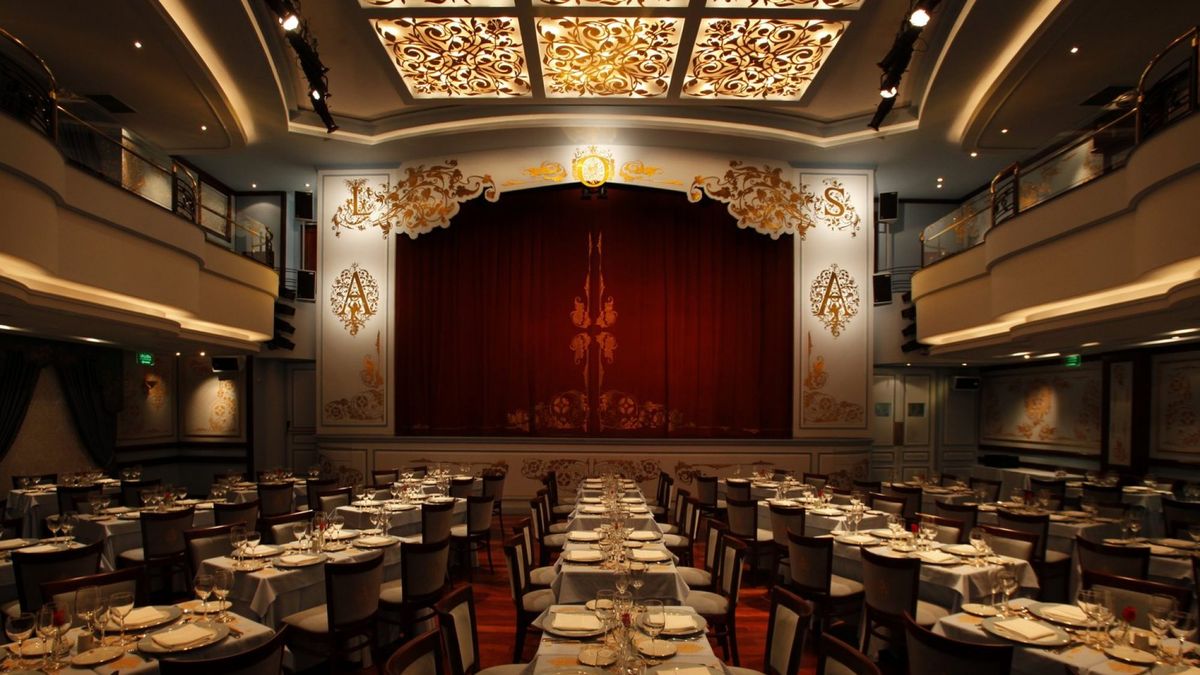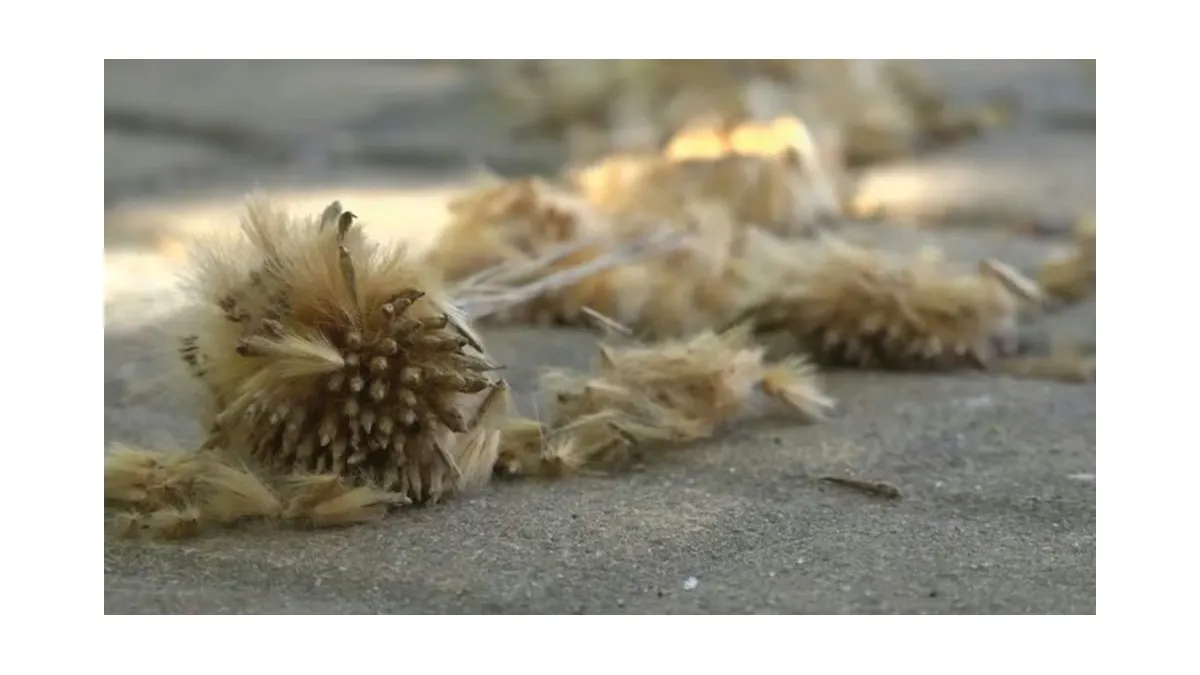And this prologue is related to yesterday.
That yesterday, which immortalized and made traditional some old bars in this capital.
And the intermediary of that durability has been tango and especially its lyrics.
And today I wanted to evoke some of those bars and also those tangos, whose lyrics have left those establishments forever recorded, with lyrics of eternal fire. And there are many places in Buenos Aires, which have been eternalized in the pentagrams and in their letters, now forever immune to the periodic transformations of the city.
Such is the case of the tangos “Sur”, “Café de los Angelitos”, “El Corazón al Sur”, “Café La Humedad”, among others, which portray areas of an urban geography, pleasing to the people of Buenos Aires.
“San Juan and ancient Boedo, and all the sky…” describes Sur, with music by Aníbal Troilo and lyrics by Homero Manzi, which “almost like an identification card” Edmundo Rivero intones in each of his performances.
The popular singer told me that when interpreting the song, his imagination traveled through that legendary corner embellished by the poet.
“The curious thing – Rivero highlighted – is that when Manzi wrote the song for me to sing, he was unaware that I was actually born in the railway station (whose boss was my father), under the Alsina bridge, precisely in Pompeii… Beyond that, “There was the flood.”
As for the bars, I want to start by evoking the Canadian café (“where Leónidas Barletta, Castelnuovo, Olivari, the two Tuñóns and other members of the Boedo group once sat”).
And also remember the neighbor Avignon, with literary interests that shared that table.
The Canadian was located meters from the bookstore, whose owner was Avignon, for seven years.
“The men of the Boedo group as well as many friends attended that bookstore, but very few customers, since the place was practically hidden and it was not easy to locate it.”
The tango “El Corazón al Sur” by Eladia Blázquez says:
“My neighborhood was a jasmine plant.
My old woman’s shadow in the garden, the sweet celebration of the simplest things, and peace, in the grass, facing the sun…”
The author told a journalist
“There I evoke my modest paternal house on Calle Florencio Varela 2117, in Gerli, as a reference to talk about Avellaneda, the district to which this town belonged.
That was the neighborhood where I lived for 38 years, most of my life,” the author explained.
In a nostalgic tone he said, “when I compose that song on my piano, I can see, through the curtain of the window that overlooked the garden, my mother cutting dry leaves from a rose bush that still exists.”
And he points out the lyrics of the composition by José Razzano and Cátulo Castillo:
“Café de los Angelitos, Gabino and Cazón’s bar… I made you happy with my screams, in the days of Carlitos, through Rivadavia and Rincón”,
Testimony of its best times are, in addition to the photos of Gardel and other idols of the song, the two golden cherubs, which hold the name of the bar engraved on a white ribbon, on the light blue of the corner wall.
And let’s remember Café La Humedad, another traditional bar in Gaona and Boyacá, where there is currently a pizzeria, it was until twenty years ago, the bowling alley that inspired a well-known tango composed by Cacho Castaña and which he called precisely: “Café La Humedad”.
Who does not have in mind “billiards and meeting, Saturday with a trap, what a nice function!…”
The composer remembers that “it was a nameless café, with yellowish curtains, where he spent his adolescence, the most beautiful part of his life,” he noted; He lived in Flores, a few blocks away.
Castaña explains why Saturday was such a particular day:
-“At noon, those of us at the bar would meet to have vermouth. In the afternoon we played pool, with the risk of going to prison, because we were minors.
At 8 at night we would have something to drink, we would leave and we would meet again at midnight, to go dancing.
Finally, at four in the morning, we met again at the cafe, to tell each other how things had gone and to continue playing pool.”
Castaña remembers that he had his first girlfriend there.
“To win her over, you had to stand in the corner of the café and make an appearance, as the boys said, for when the chosen lady passed by.”
In the process of evoking places it is impossible to omit the tango “A Media Luz”.
I have no doubt that you remember it, Messrs. oy. (“Corrientes three, four, eight, second floor elevator…”), the music was by Edgardo Donato and the lyrics by Juan Carlos Lenci.
The original building has disappeared.
A private garage currently operates on the site.
A large filleted poster and a plaque from the Corrientes Avenue Propulsors Association commemorate that “sacred” area of Buenos Aires folklore.
And today I wanted to remember those bars that fulfilled – and fulfill for many men – a function of containment that usually takes away the worries, bitterness or pain that as human beings they have to experience.
And now the final aphorism for those establishments that, without seeking it, fulfilled such a human role.
“Nostalgia for what was lost idealizes it”
Source: Ambito
I am an author and journalist who has worked in the entertainment industry for over a decade. I currently work as a news editor at a major news website, and my focus is on covering the latest trends in entertainment. I also write occasional pieces for other outlets, and have authored two books about the entertainment industry.




